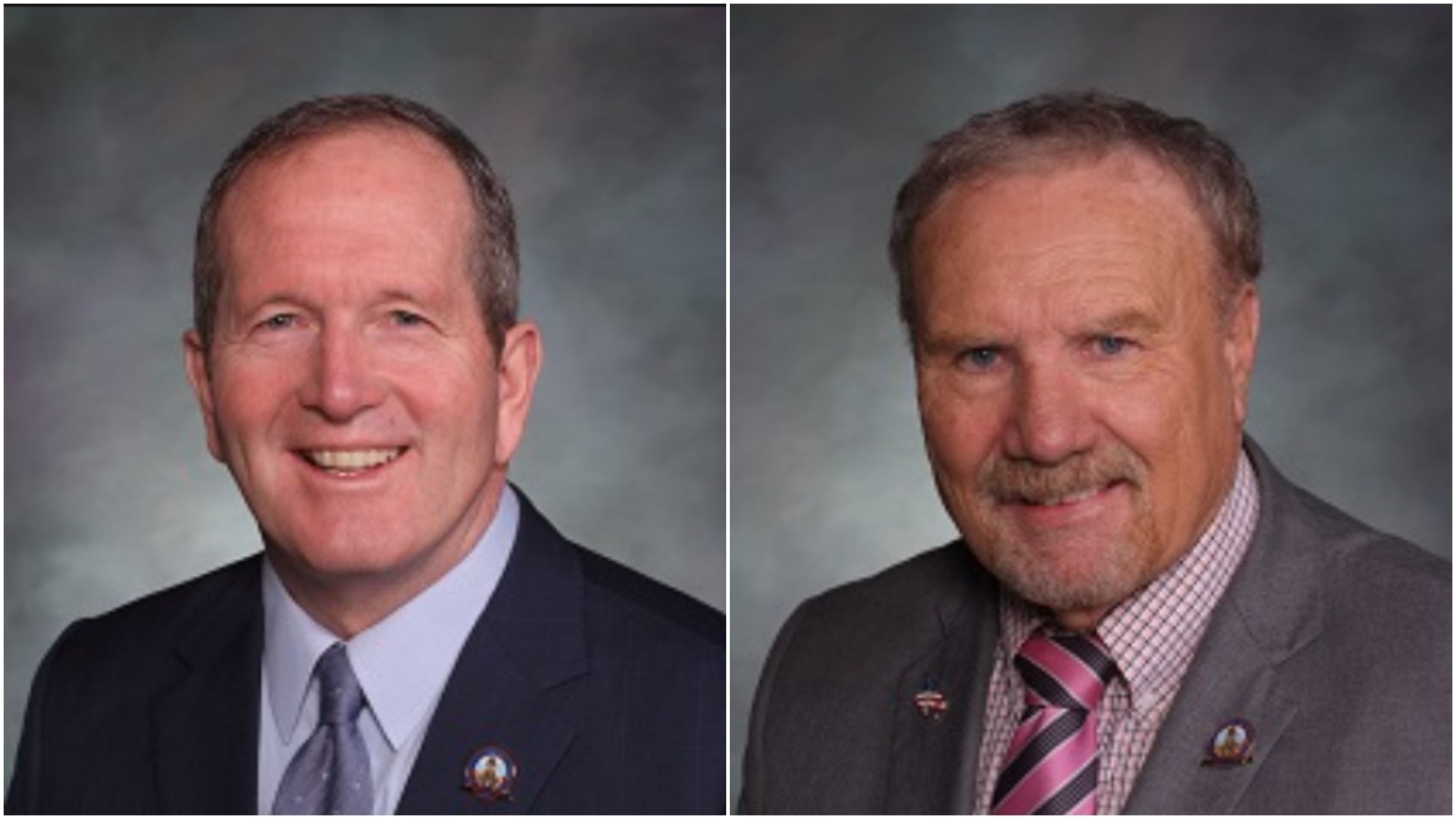Funding for schools and school construction are facing a $300 million annual deficit due to declining coal and natural gas production and prices and diminished school district property tax collections, two House leaders said Thursday.
Reps. Jerry Paxton, R-Encampment, and Steve Harshman, R-Casper, on Thursday issued a statement saying that new taxes, spending cuts or a combination of both will be needed to put education funding back on track.
Wyoming funds its schools with property taxes, but minerals pay 50% of those taxes, leaving the state’s homeowners with the fifth-lowest property taxes in the United States, said the statement by Harshman, chairman of the House Revenue Committee, and Paxton, chairman of the House Education Committee.
“Local school property taxes from minerals have declined dramatically,” the two said. “Our state’s mineral severance tax and Federal Mineral Royalties have dropped to the lowest levels in decades, and Wyoming has lost over 200 million tons of coal production per year in the last few years. That is a 50% drop.”
They added that this drop made it difficult for the Legislature to fulfill its duty to fund an “equitable” public education system for the state. Without further legislative action, Wyoming’s schools will use $331 million of the state’s “rainy day” fund over the next few years.
“To close the gap, the State must either create new revenues (taxes), redirect current funding streams, reduce spending (cuts) or a combination of these. Moderation in all these areas can produce a long-term permanent solution,” the representatives said.
The Wyoming House of Representatives has proposed a contingent increase in sales taxes that would only be implemented as a last resort if oil prices don’t rebound, spending isn’t reduced and revenue streams aren’t shifted to help the state’s savings account reach its minimum balances.
“Every problem has a solution. We think it is important to solve problems and that now is the time to do so, rather than putting off the structural challenges to our education system any longer,” the representatives said.





